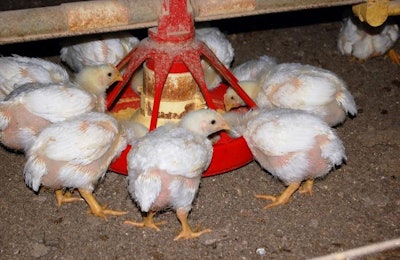
The style of 2017’s European Symposium on Poultry Nutrition (ESPN) was followed to the letter in 2019, to my disappointment.
The school-like approach, where everyone attends the same program, was again implemented in a strict linear fashion. And I will continue to disagree with it, just because I believe in having a choice instead of being guided. Perhaps this is a reflection of my American vs. European style of education, or it might be just me. At any rate, on Monday, the day before the main event commenced, there were several industry-sponsored presentations, running more or less in parallel, and I managed to attend two of them, picking those talks that were closer to my interests. Perhaps such industry events could also be allowed also during the main event.
The quality of the talks was phenomenal, and the educational value immense. As such, my complaint focuses on the issue of having the ability to extract even more value from such an expensive endeavor. It is not only the money issue, but that of time, as well. Thus, I will repeat last time’s criticism in that the time allowed for oral presentations of research reports could be spent more profitably either by extending the poster sessions, the discussion time, or even the coffee breaks. I can go through many abstracts/posters in the same time it takes a student to make an oral presentation. And, if that is good educational experience for them, then there should be another event invented to take care of such highly scientific exercises. See the annual meetings of the Poultry Science Association and the American Society of Animal Science in the U.S. for such formatted events.
I really liked the theme (three presentations) on plant proteins, but the message was rather confusing, especially as the focus was to create a European soy or canola to replace imported soybeans. As one speaker said: “It is doubtful European producers will buy our own proteins now that imported soya appears to become cheaper.” Most calculations were based on German actions projected in the whole EU – something that amounts to wishful thinking. Nevertheless, this is a commendable project that needs further support and especially more options.
What was really missing was hot topics like insect meal, algae, trace mineral regulations, slow-growing broilers, nutritional interventions to necrotic enteritis, and of course how to combat coccidia with nutrition. Luckily, such and even more pressing matters were covered in great length in the poster sections, meaning research institutions retain the pulse of the industry.
All in all, ESPN is a great event that could be even better. I will try to attend the next one, too.
















